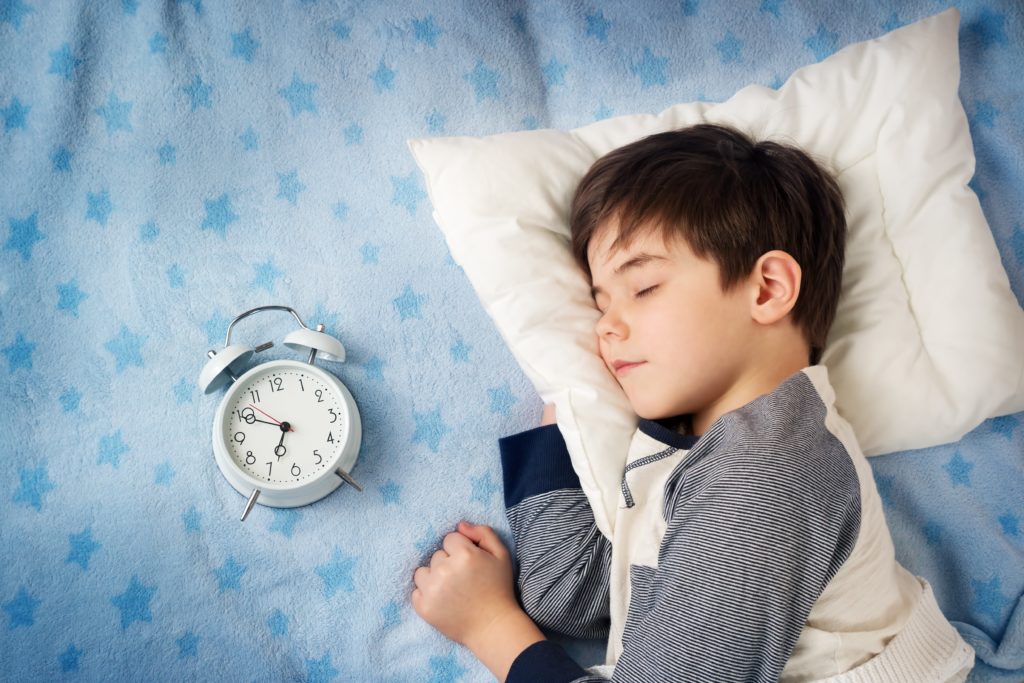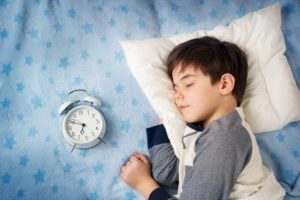 When school starts, sleep is more important than ever. Make sure your kids get the rest they need for a successful school year.
When school starts, sleep is more important than ever. Make sure your kids get the rest they need for a successful school year.
AFTER THE LONG, carefree days of summer, getting back in the rhythm of the school year can be difficult. However, a good night’s sleep is incredibly important for your child’s health and academic success.
Poor sleep in children — just as for adults — can result in weight problems, and kids of all ages who don’t get enough sleep may have behavioral issues at school and home. Recent research found that reduced or disrupted sleep in early childhood can cause a drop in test scores later in life. Teenagers who don’t get enough sleep may have difficulty concentrating in class, as well.
To set your kids up for success, use these tips to get back on track with healthy sleep hygiene:
» Put sleep first. Ensure kids go to sleep and wake up at roughly the same times every day—even if it means missing time with friends or not being able to participate in sports with later practices or games. For older teenagers, this can be difficult as social and extracurricular demands grow, but it’s vital for good health.
» Have a routine. It’s easier to calm down before bed when kids do the same things in the same order. Start with bath time and teeth brushing, then settle in for a bedtime story or section of a chapter book.
» Say no to electronics. Kids (and adults) should avoid electronics—including television, video games, tablets and cellphones—for an hour before bed. The blue light of screens can interfere with your body’s chemical signals and prevent you from falling asleep quickly.
» Keep kids caffeine-free. While a can of soda may not stand in the way of an adult getting a good night’s sleep, the smaller body of a child can feel the effects for hours. In addition to difficulty sleeping, kids who drink too much caffeine may experience upset stomach, headaches, and increased heart rate and blood pressure. The products that contain caffeine often cause other problems, too. Studies have found a significant connection between consumption of sugary drinks and weight gain in children. Stick to water and milk, with the occasional juice and non-caffeinated soft drink as a treat.
» Exercise early. The Centers for Disease Control and Prevention recommends at least 60 minutes of exercise a day for children. One of the many benefits of regular exercise is sleeping better at night. However, playing, riding bikes or practicing sports too close to bedtime may keep kids awake. Try to avoid vigorous activity in the hours before bedtime.

 When school starts, sleep is more important than ever. Make sure your kids get the rest they need for a successful school year.
When school starts, sleep is more important than ever. Make sure your kids get the rest they need for a successful school year. 